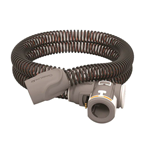Obstructive Sleep Apnea – OSA – is a condition that affects the health of millions of people around the world, but many of us don’t even realize we are living with it.
According to the World Health Organization, over 100 million adults suffer from obstructive sleep apnea, including one in three men and almost one in five women. If you experience it, it’s not just you that’s affected. Snoring is a common symptom of OSA, meaning it can have a serious impact on your loved ones as well.
When we fall asleep, the muscles in our throat relax. With OSA, the muscles relax too much and the airway becomes constricted, preventing normal breathing. Your brain senses that the body is being deprived of oxygen, so it wakes you up just enough to gasp for air and start breathing again, though you may not even remember it the next day. It can happen many times a night, putting immense strain on your body and inhibiting your ability to get a good night’s sleep.
One of the most recognizable symptoms of OSA is snoring. A loved one may notice chronic snoring or even gasping or choking sounds while you sleep. You may also experience a lack of energy, inability to concentrate or frequent forgetfulness during the day. Headaches, depression, weight gain and night sweats are other ways OSA can reveal itself. Despite the many symptoms, studies estimate that around 80 percent of those living with OSA do not even realize it, and their condition goes undiagnosed.
Although anyone can develop OSA, there are factors that can put you at increased risk, including chronic nasal congestion, obesity and frequent alcohol consumption. If it runs in your family, you’re also at an increased risk, as are those who suffer from cardiovascular disease, high blood pressure or diabetes.
Yes, treatments exist. If some of the symptoms mentioned above sound familiar, the first thing you should do is talk to your doctor (or do a home sleep test). Poor quality sleep can have a huge impact on your health, especially in the long term. Research has found that sleep apnea is associated with twice the risk of developing diabetes and cardiovascular disease,(4) and six times the risk of being in a traffic accident.(5) Not to mention the impact your snoring can have on the health and quality of life of your loved ones.
The good news is that treatment is available. The path to perfect sleep can start with an home sleep test and visit with a telehealth professional.
Content Source:
https://splus.resmed.com/overcoming-obstructive-sleep-apnoea-osa/

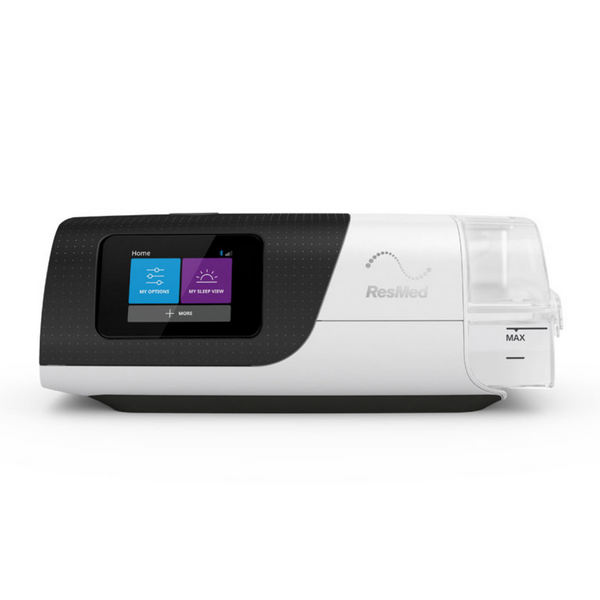
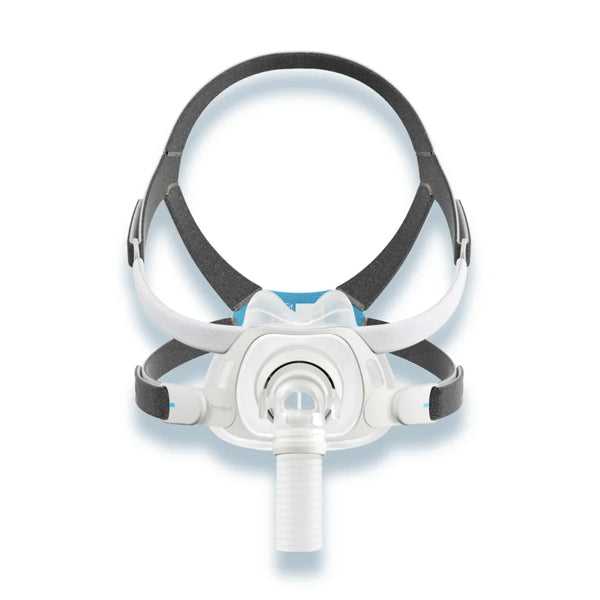







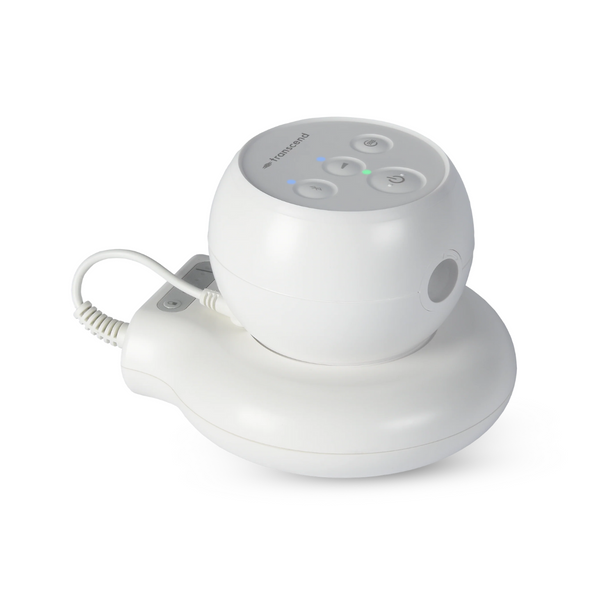

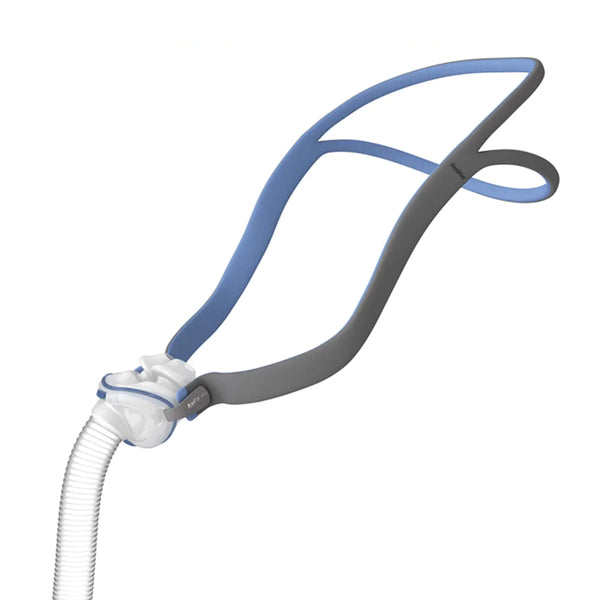
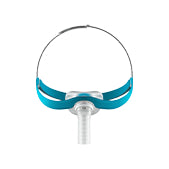
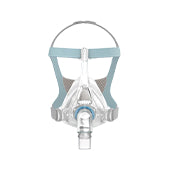




![[subscription]](http://heartstrongsleep.com/cdn/shop/files/Group_30_6a2ee5b7-7d1a-49f1-855d-428a7cb5358f.png?v=1733846466&width=600)


